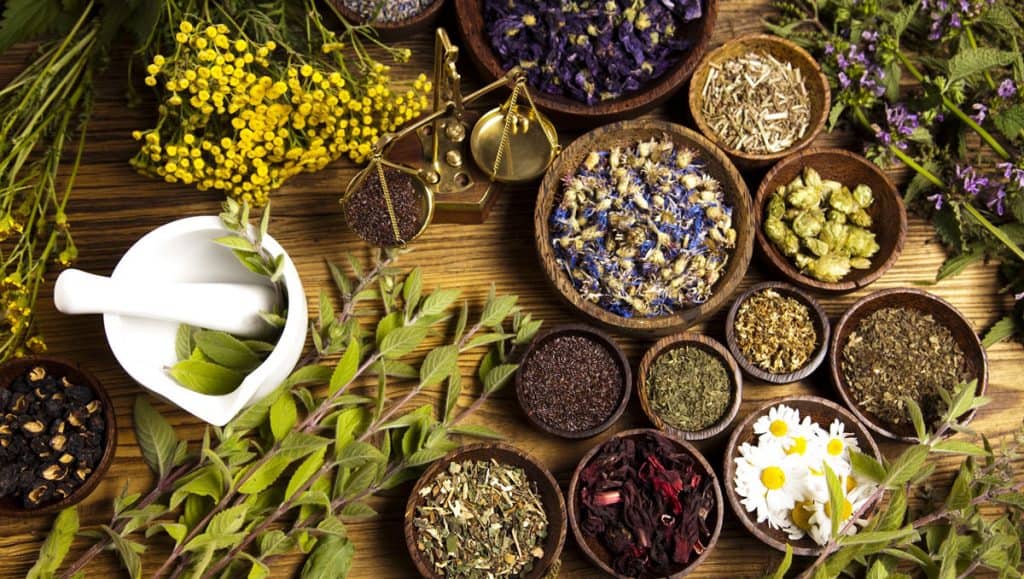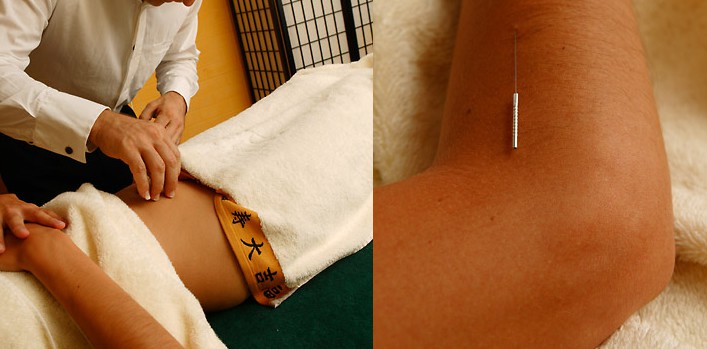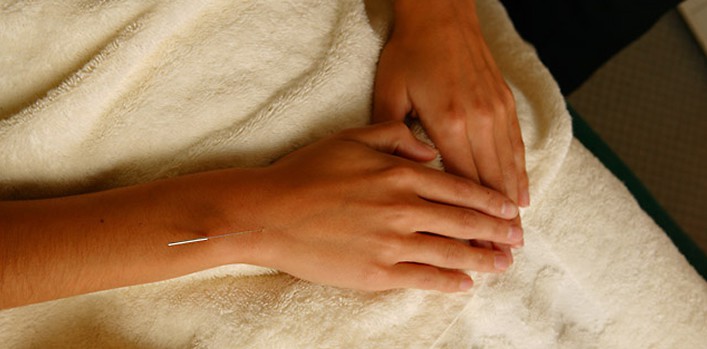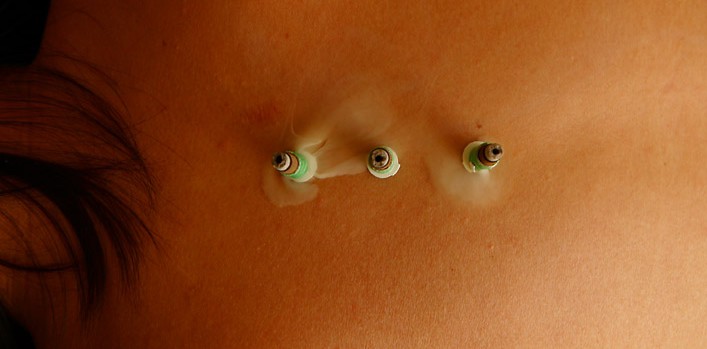How quickly will I get better?
Patients always ask, ‘How quickly will I get better?’ This is a good question and one that should be addressed as early in the treatment process as possible. The short answer is that successful treatment outcomes depend largely on receiving the appropriate dose.
Be sure to discuss what the appropriate dose might be for you when having your consultation at the Australian Acupuncture Centre (AAC). The following information introduces some of the factors involved in determining dose when using acupuncture and Chinese medicine.
What is dose?
Dose refers to the number and frequency of treatments required to overcome a given medical condition. Unfortunately, there is a lack of information regarding optimum dose in the research literature. Therefore, most acupuncture and Chinese medicine clinicians rely heavily on received empirical knowledge (handed down over millennia), as well as their own clinical observations, when determining dose for patients. Optimum dose differs from person to person and from condition to condition but here are some of the factors involved in determining dose;
The patient’s age and general health
The patient’s constitution
The nature and history of the complaint
The patient’s preparedness to make appropriate lifestyle changes
Other medical interventions (including medication)
The phase of the disease that the patient is currently experiencing
For more details about these factors please go here.
Recent research by MacDonald et al (2013) has shed light on what minimum dose might look like when using acupuncture as an intervention. Based on this information, as well as clinical observation over the last couple of decades, the typical treatment dose at the Australian Acupuncture Centre is something like 2 treatments a week for about 4-5 weeks, with a reduction in frequency as patients progress through the 3 phases of treatment. Please note that more serious problems, as well as problems of long duration, will often require multiple courses and more time to correct.
If you would like to find out more about getting better with acupuncture and Chinese medicine, please contact the clinic on 03 5298 1213, email us on info@australianacupuncturecentre.com.au or pop in to Shop 3 / 153 Shannon Ave, Manifold Heights, VIC 3218 for a chat.
Thanks for reading,
Paul
MPET; B. A. (Hons); B. H. Sc. (Acu); Ad. Dip. App. Sc. (Acu);
Dip. Rem. Mass.; Dip. Rem. Therap;
Member AACMA 1332; Registered Acupuncturist (AHPRA)
References
John L. McDonald, Allan W. Cripps, Peter K. Smith, Caroline A. Smith, Charlie C. Xue, and Brenda Golianu, “The Anti-Inflammatory Effects of Acupuncture and Their Relevance to Allergic Rhinitis: A Narrative Review and Proposed Model,” Evidence-Based Complementary and Alternative Medicine, vol. 2013, Article ID 591796, 12 pages, 2013. doi:10.1155/2013/591796
Paul McLeod is a AHPRA registered acupuncturist in Geelong, Victoria, offering drug-free treatment of a wide variety of medical conditions. Paul has been studying and practicing acupuncture and Chinese medicine for more than 22 years and has a wealth of experience treating many forms of pain, including muscular-skeletal pain, nerve pain, digestive pain and gynaecological pain. Paul is a very experienced teacher with a passion for sharing his knowledge of Chinese medicine with the community.
Recent Posts

‘Fixin it’ with Acupuncture and Chinese Medicine
Talking to patients about what it takes to 'fix' things using acupuncture and Chinese medicine is always an interesting experience. Most people realise that their problems didn't develop overnight and that they will likely take some time and effort to 'fix'. Some...

What are the 3 Phases of Recovery?
At the Australian Acupuncture Centre (AAC), we structure our consultations around an idea we have called the 3 phases of recovery. The symptomatic phase The asymptomatic phase, and The resolution phase The symptomatic phase During the symptomatic phase of recovery, a...

Acupuncture for Acute Low Back Pain More Effective Than Drugs
'New research by Korean doctors of Oriental Medicine suggested that an acupuncture method could reduce acute lower back pain faster and more effectively than conventional drug injections.' This blog presents a link to a report (Acupuncture Today July, 2013, Vol. 14,...

Shop 3 / 153 Shannon Ave, Manifold Heights, VIC 3218
Open 4 days a week with hours to suit you

